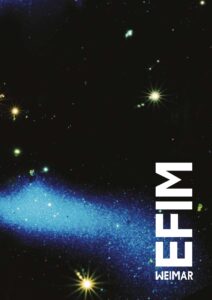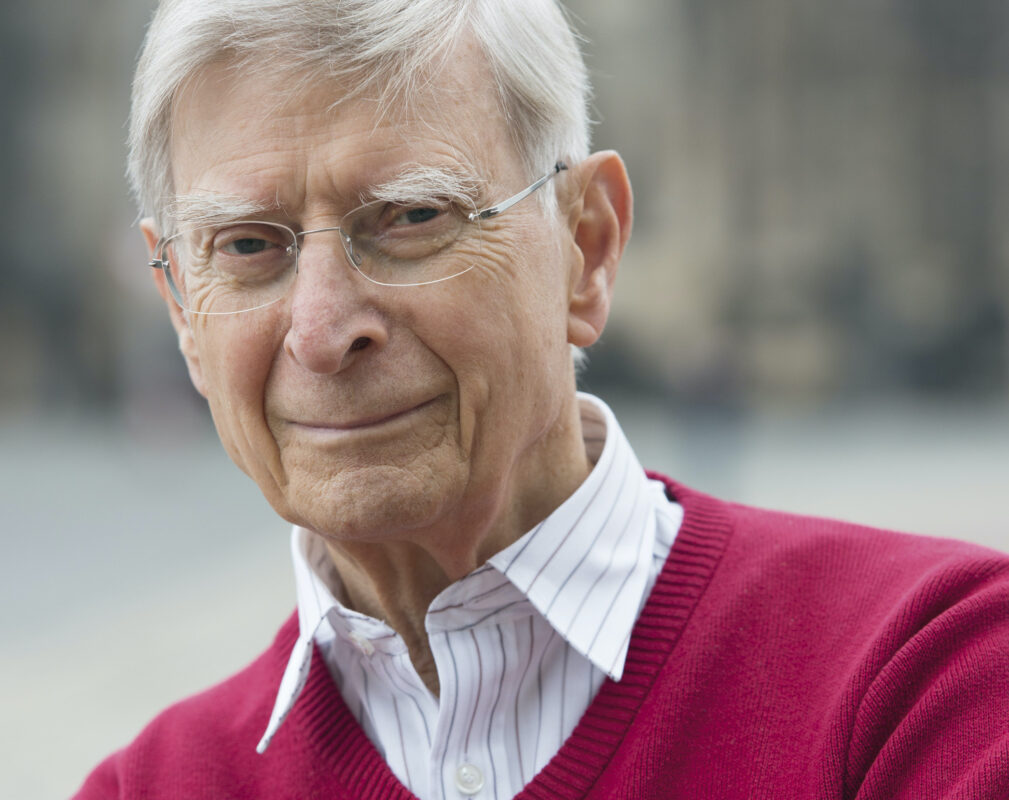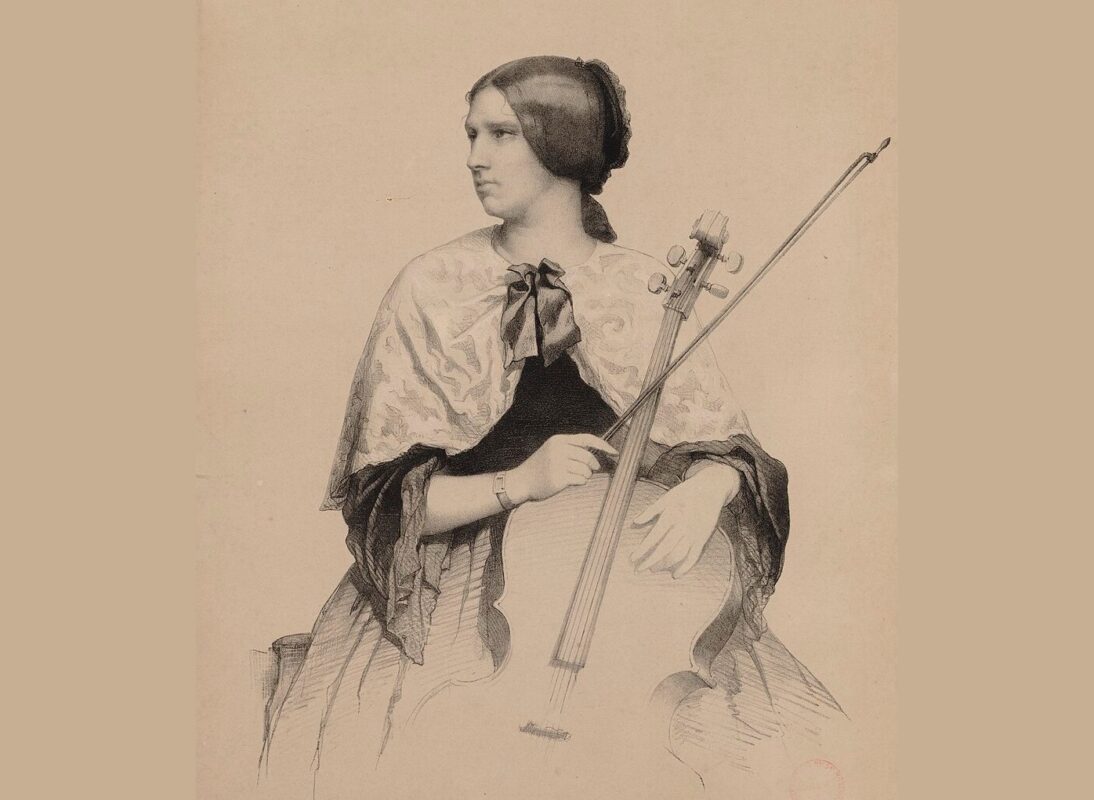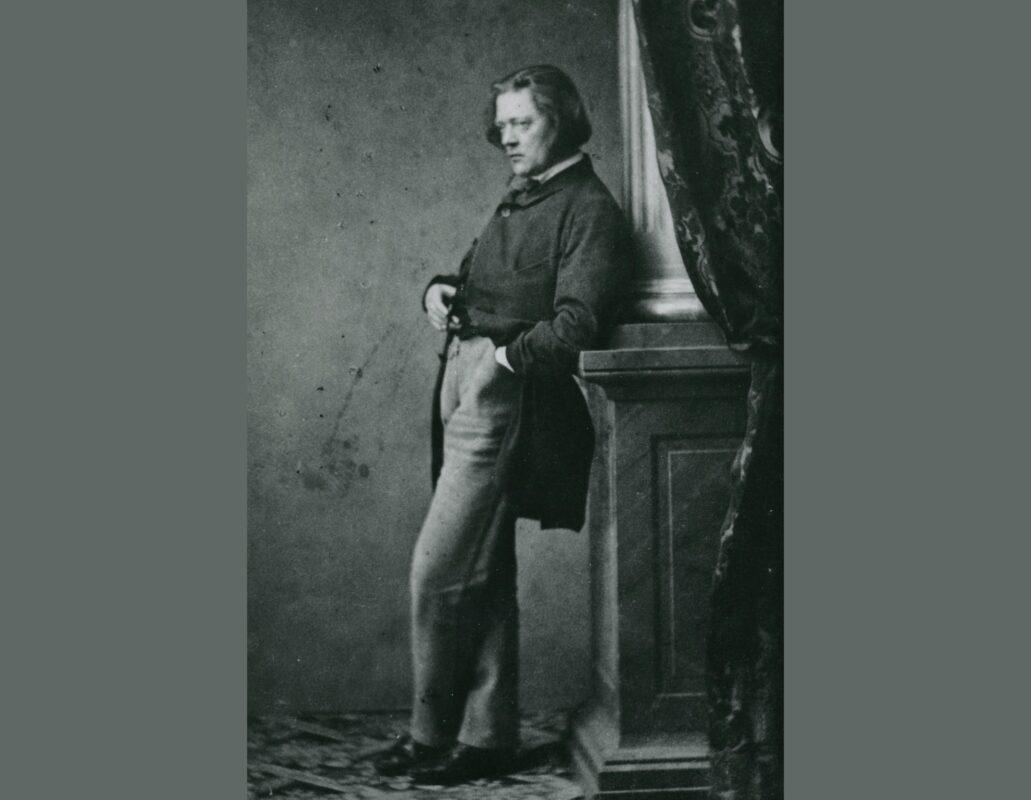Facing the world with intuitive music
The documentary about the Ensemble for Intuitive Music Weimar shows a piece of the history of contemporary music in the GDR and the relationship to Karlheinz Stockhausen. The International Composition Competition of the Künstlerhaus Boswil is not insignificant.

Stories that life writes: Thanks to a prize at the International Composition Competition in Boswil, Michael von Hintzenstern was able to embark on his first trip to the West from the GDR in 1976. Not only did he take advantage of the three-month work and study stay in rural Switzerland that came with the prize, but he also changed his itinerary - without permission from the GDR regime, of course: he also went to Cologne to visit the revered "master" Karlheinz Stockhausen. Stockhausen's approach to "intuitive music" would shape both Hintzenstern and his Ensemble for Intuitive Music Weimar (EFIM) - and ultimately also the richly illustrated and entertaining book Sounds of the momentwhich, among other things, reproduces some handwritten testimonies of the correspondence with Stockhausen.
The focus is on the history of the ensemble, which was founded in 1980 and consists of four musicians who are as active as they are experimental: Michael von Hintzenstern plays organ and all kinds of synthesizers, Hans Tutschku is the specialist for electro-acoustic and electronic music, the "jazzman" Daniel Hoffmann plays horn and trumpet, Matthias von Hintzenstern usually plays the cello, but also makes appearances with sound installations.
At the beginning, Stockhausen's works take center stage, such as the 15 text compositions for intuitive music in variable instrumentation From the seven days (1968) or the well-known Zodiac (1974/75). Increasingly, also due to the fall of the Berlin Wall in 1989, the programs expanded. Tutschku increasingly contributes his experience with French electro-acoustic music, the EFIM seeks out venues far away from concert halls, plays in parks, botanical gardens or in potash mines 670 meters underground. The EFIM can now also accept concert and workshop invitations to 30 countries on 4 continents.
Anyone who is enthusiastic about experimental music will also be thrilled by this documentary. But it is also worth reading for anyone interested in the cultural history of the GDR. There was a great deal of freedom in music in particular - freedom that the EFIM used in an astonishingly open, intelligent and sympathetic way.

Michael von Hintzenstern: Klänge des Augenblicks - 44 Jahre Ensemble für intuitive Musik Weimar 1980-2024, 256 p., over 300 illustrations, € 44.00, Weimar 2024, ISBN 978-3-00-078834-5,
hintzenstern.eu








